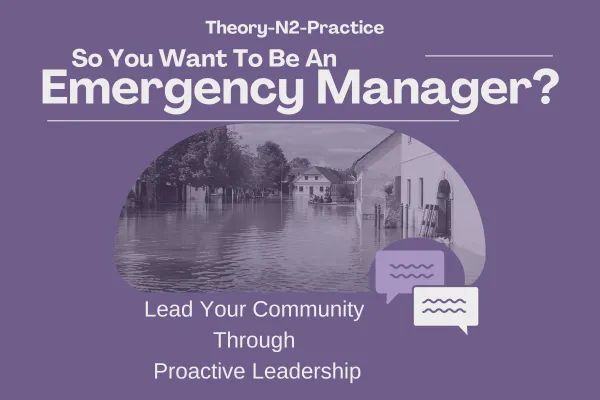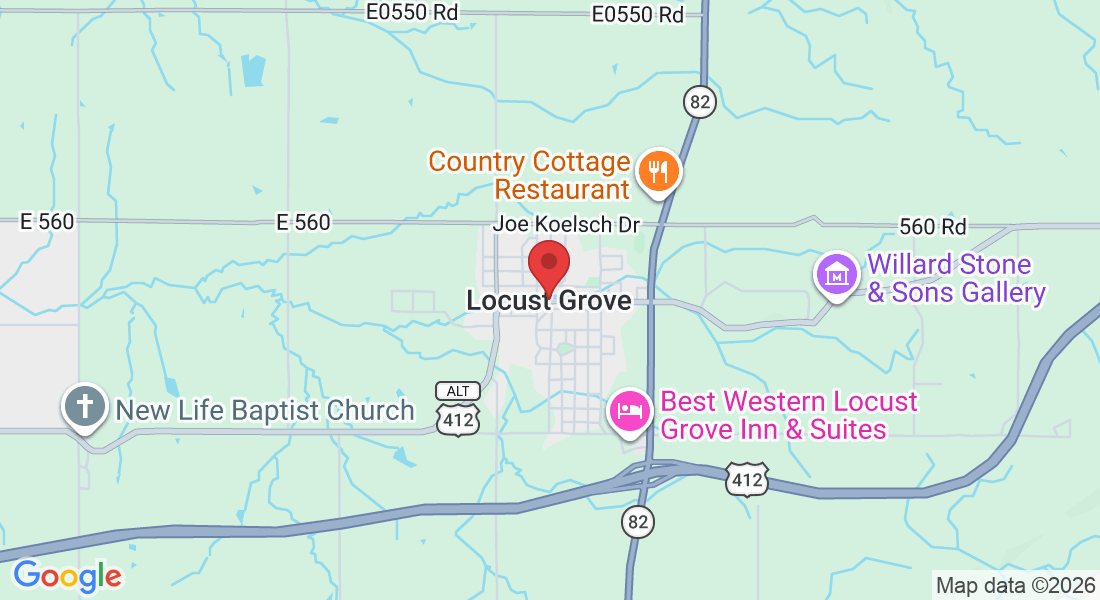Theory-N2-Practice
See Our Latest Blogs
Our blog is a hub for valuable content, covering a wide range of topics related to marketing, emergency management, leadership, and more.
You'll find expert tips, industry trends, and thought-provoking articles that can help you enhance your business strategies and stay informed about the latest developments in your field.
Whether you're looking for innovative marketing ideas, seeking guidance on emergency planning, or interested in leadership program development, our blog has something to offer for everyone.

Emergency Management Leadership
“Some people don't like change, but you need to embrace change if the alternative is disaster.” - Elon Musk
Introduction:
It is important to understand the distinction between emergency management and emergency services, as well as emergency management and homeland security. While these terms are often used interchangeably, they have significant differences in their scope, responsibilities, and objectives.
Let us explore these differences to gain a clearer understanding of each concept.
Emergency Management vs. Emergency Services:
Emergency management refers to a comprehensive framework and set of processes aimed at preventing, preparing for, responding to, and recovering from emergencies or disasters (Federal Emergency Management Agency [FEMA], n.d.). It encompasses all phases of the disaster management cycle and involves coordination, planning, and implementation of strategies to mitigate risks, enhance preparedness, and effectively manage crises. It brings together various stakeholders, such as government agencies, organizations, communities, and individuals, to address the impacts of disasters and foster resilience.
On the other hand, emergency services specifically focus on the frontline response organizations and personnel who provide immediate assistance and support during emergencies (FEMA, n.d.). These services include police, fire departments, emergency medical services (EMS), search and rescue teams, and specialized response units. Their primary objective is to save lives, protect property, and ensure public safety during the immediate response phase of emergencies.
It is important to recognize that emergency management takes a broader perspective by encompassing all aspects of disaster management, including risk assessment, planning, resource management, coordination, and long-term recovery efforts. While emergency services play a crucial role in the response phase, emergency management extends beyond the immediate response to include preparedness, recovery, and mitigation activities.
Emergency Management vs. Homeland Security:
Similarly, emergency management and homeland security are related concepts but have distinct focuses and responsibilities. Homeland security refers to the overarching effort to protect a nation from a range of threats, including terrorist attacks, natural disasters, and other emergencies that may pose risks to national security (Department of Homeland Security [DHS], n.d.). It involves a comprehensive set of activities, policies, and strategies implemented by government agencies and organizations to prevent, prepare for, respond to, and recover from threats or events that could harm the country, its infrastructure, or its citizens.
On the other hand, emergency management is a specific component of homeland security that deals with the comprehensive planning, coordination, and implementation of strategies to manage emergencies and disasters (FEMA, n.d.). It focuses on minimizing the impact of emergencies, protecting lives and property, and facilitating recovery. Emergency management addresses the entire spectrum of disasters, including natural disasters, technological hazards, public health emergencies, and other crises. It involves collaboration among government agencies, organizations, communities, and individuals to effectively address emergencies and build resilience.
In conclusion, it is vital to understand that emergency management and emergency services, as well as emergency management and homeland security, are distinct concepts. While emergency management encompasses the comprehensive framework for all phases of the disaster management cycle, including prevention, preparedness, response, and recovery, emergency services focus on immediate response and assistance. Similarly, while emergency management is a specific component of homeland security, it specifically addresses the management of emergencies and disasters.
Recognizing these differences is crucial for effective emergency planning, response, and recovery efforts. By understanding the unique roles and responsibilities of each concept, stakeholders can collaborate more effectively and enhance overall emergency preparedness and resilience within their communities.
References:
Department of Homeland Security (DHS). (n.d.). About homeland security. Retrieved from https://www.dhs.gov/about
Federal Emergency Management Agency (FEMA). (n.d.). Emergency management. Retrieved from https://www.fema.gov/emergency-management
"Life on Earth is at the ever-increasing risk of being wiped out by a disaster, such as sudden global nuclear war, a genetically engineered virus or other dangers we have not yet thought of." - Stephen Hawking
Driving Growth, Amplifying Impact

Todd DeVoe

"Daniel Scott has been an invaluable resource in my professional journey. As an emergency management practitioner, I've always sought ways to enhance my skills and stay up-to-date with the latest trends in the field. Daniel Scott and Theory-N2-Practice provided me with a platform to connect with like-minded individuals, access top-notch training, and gain insights from industry leaders.
Todd DeVoe, CEM
Certified Emergency Manager
Emergency Management Network

Andrea Davis

“Since the day I met Dan Scott, I was struck by his strong moral compass and leadership aplomb. He exudes a passion for the field of Emergency Management unmatched by others. His dedication to foster leadership growth and constant learning has led to him offering best in class emergency management training summits and podcast. I highly recommend attending any and all of Dan’s offerings.”
Andrea E. Davis, CEM
President and CEO,
The Resiliency Initiative

Marc Baker

“Daniel Scott is a dedicated Emergency Management professional committed to the advancement of the profession. I consider Daniel a trusted mentor whom I can count on for sound advice based on his vast knowledge and years of experience.”
Marc C. Baker, CEM
Emergency Management Professional
Unleash Your Personal Brilliance.
At Theory-N2-Practice, we are committed to excellence in instruction and course development. Our instructional services and course offerings are geared towards empowering individuals and organizations to achieve their learning goals, enhance their capabilities, and drive success. Embrace the power of effective instruction and course development with us, and let us guide you towards a path of continuous growth and achievement.
© Daniel Scott & Associates LLC.- All Rights Reserved

info@theoryn2practice.com
Locust Grove, Oklahoma

